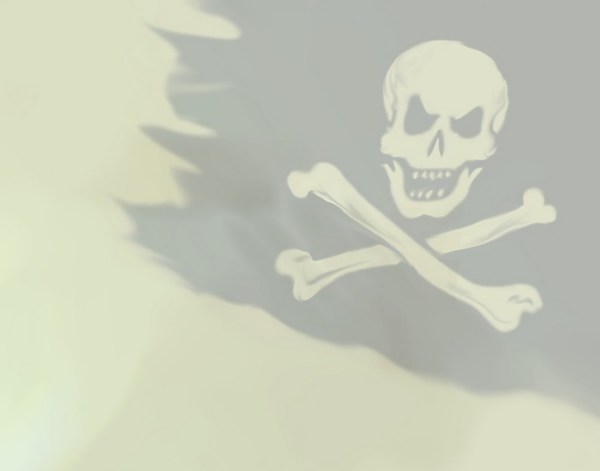How to deal with piracy of your work
filed in Book Cover Illustrations and Artwork on Mar.09, 2013

People who lack knowledge of the copyright law, and who fail to realize how hard it is to earn a living as a writer, artist, or musician, often pirate the fruit of a creative person’s hard work. These pirates often claim the material as their own or post it for people to download for free.
Either practice makes it all the harder for creative people to make a living (and the theory that the added publicity will help them sell more products just isn’t true — many of us have the facts and figures to prove this). Sadly pirates are often misguided or self-deluded into thinking they’re battle large corporations, when in fact they’re injuring the very folks producing the books, artwork, and music they love. With many creative people barely making ends meet, piracy is a career destroying force that forces productive people out of the publishing and entertainment business before they ever have a chance to make a living at it.
So while piracy may not hurt the big corporations much, it most certainly takes money out of the pockets of creative people, the majority of whom are already struggling just to pay their bills.
Unfortunately many creative people fail to realize how easy it is to protect their work these days.
Today, international copyright laws actually make it pretty easy to get stolen material removed from web pages (the exception being some torrent sites which now are owned and operated by criminals operating from nations that ignore copyright laws — though government agencies are doing better at shutting these sites down).
First, you must find where your stolen work is being given away or posted. You can do with a keyword search for your name, the name of the work, or a brief quote from the text at the beginning of the work; graphic artists can also use Tineye.com to locate artwork that has been posted.
When you’ve found a page where your work is being posted without your permission, go to a WhoIs site and type in the URL of the offending page. This will give you information about the page including the hosting service for that page.
Next, you then an email DMCA take-down notice to the hosting company. You can find sample take-down notices with a quick Google search. (And here’s a page that gives more information about the process.)
With these simple steps, you can generally get pirated material removed from the web. Of course there will always be a few sites operated by hardcore criminals that won’t comply. But there aren’t many (and the law enforcement agencies of various nations are taking a more active role in closing these sites down).
If you’re a creative person, take steps to protect your hard work so it can continue to earn money for you and your loved ones — instead of putting money into the pocket of criminals. Life is hard enough when you’re creating work for people’s enjoyment without having pirates ruin any chances you might have for making a living.
March 15th, 2013 on 11:59 am
[…] How to deal with piracy of your work […]